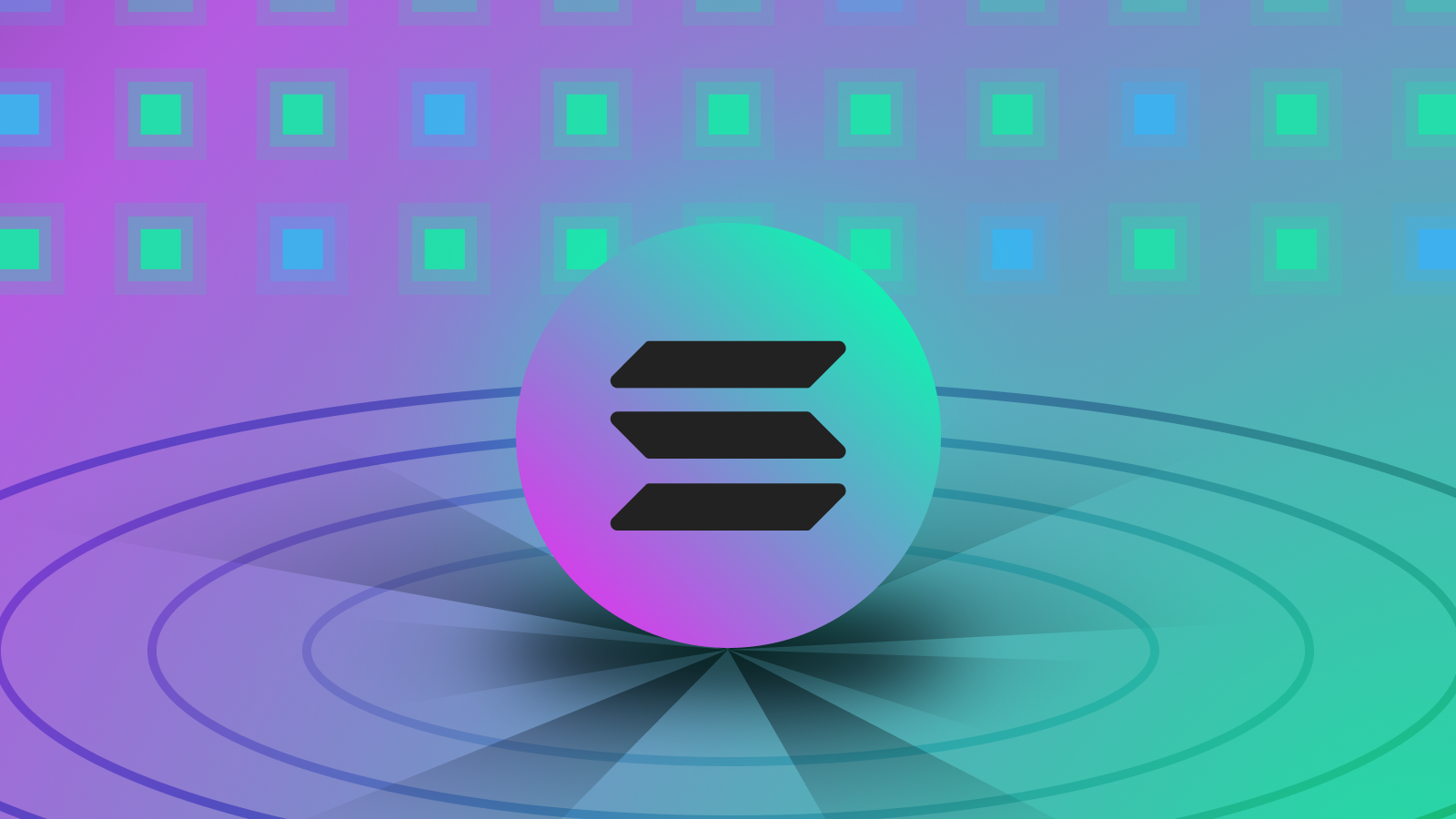Hook: A partnership between Backpack Wallet and Blockaid has saved millions of dollars in potential losses for crypto users, shedding light on the growing risks in decentralized finance (DeFi) on the Solana network.
In recent months, decentralized finance (DeFi) users on the Solana blockchain have faced a serious security threat—malicious actors targeting their funds through fraudulent transactions and scams. Backpack Wallet, a popular crypto wallet, teamed up with Blockaid, a security firm, to tackle this growing issue. Together, they managed to stop over $26.6 million in potential losses by detecting over 71,000 malicious activities across more than 180 million transactions between June and September 2024. Here’s why this is important for you to understand.
What Happened?
Between June and September 2024, Backpack Wallet noticed that more than 5% of its users were interacting with malicious activities on Solana. Blockaid’s technology played a key role in scanning over 180 million transactions, identifying dangerous transactions like scams and harmful smart contracts. These attacks targeted users by exploiting vulnerabilities in the DeFi ecosystem, mainly through phishing attempts and malicious decentralized applications (DApps). Thanks to this partnership, users were protected from losing millions.
Why Should You Care?
Understanding the scale of these threats is crucial. Malicious actors often target decentralized platforms because they’re not always as regulated or secure as centralized systems. For example, scammers can lure people into connecting their wallets to fraudulent websites, which can steal funds or cause irreparable damage. The attacks on Solana’s network are a reminder that, even in an ecosystem designed to be decentralized and secure, risks still exist.
Backpack Wallet and Blockaid’s efforts highlight how essential it is for crypto platforms to keep up with security advancements. Without these protections, millions of dollars would be lost each day. In fact, during the third quarter of 2024 alone, over $127 million was lost in phishing scams across the crypto world, with one user losing $32.43 million in a single attack.
Key Terms to Remember:
- DeFi (Decentralized Finance): Financial services like lending, borrowing, and trading that operate on decentralized blockchains.
- Phishing Attacks: Scammers trick users into giving up private information by pretending to be legitimate services.
- DApps (Decentralized Applications): Apps that run on a blockchain and are not controlled by a central authority.
- Smart Contracts: Self-executing contracts with the terms directly written into code, but they can be vulnerable to malicious exploits.
The Bigger Picture
Blockaid’s CEO, Ido Ben-Natan, explained that while Ethereum’s ecosystem is more mature and secure, Solana and other blockchains are still developing their security. This makes them attractive targets for attackers. The increase in trading activity, especially with risky memecoins (like Dogecoin and Shiba Inu), has created more opportunities for scammers.
While Solana’s security is improving, Ben-Natan warns that attackers are already moving to target other networks, such as Tron and TON. This means that, as crypto users, we need to stay aware that security threats are always evolving. Attackers are constantly looking for vulnerabilities, and even the most sophisticated networks can be targeted.
What’s the Solution?
The real solution, according to Blockaid’s CEO, is not just teaching users how to avoid scams (which is a never-ending battle). Instead, the industry must focus on developing stronger protections to prevent scams from succeeding in the first place. Blockchain networks need to enhance security measures so that users don’t have to constantly worry about falling victim to a scam.
In the past quarter alone, crypto hacks led to a loss of over $753 million across 155 incidents, according to CertiK. This shows just how urgent the need for better security measures is in the crypto space.
Why This is Critical for You
As someone invested in the world of crypto, understanding these threats and how they are mitigated is essential. The crypto world is growing fast, and while the opportunities are huge, the risks are just as real. By learning about these attacks, you’re better equipped to protect your assets and make smarter decisions when using decentralized platforms.
The future of crypto relies on security, and it’s only by strengthening protections that the industry can continue to grow safely. So, staying informed about these issues helps you stay ahead and safeguard your investments.
By keeping up with the latest in crypto security, you can help ensure that your assets remain safe as the blockchain ecosystem continues to evolve.



